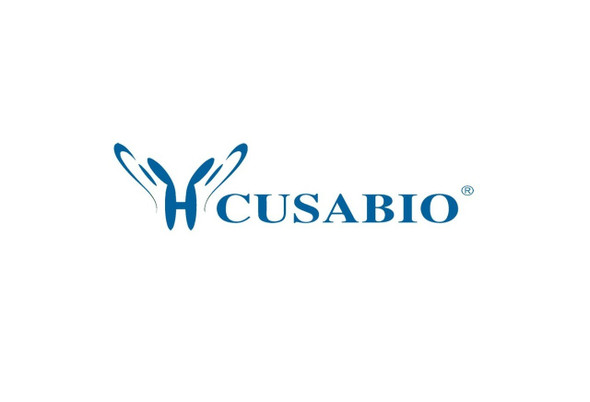Cusabio Polyclonal Antibodies
TCF3 Antibody | CSB-PA079787
- SKU:
- CSB-PA079787
- Availability:
- 3 to 7 Working Days
- Size:
- 100ul
Description
TCF3 Antibody | CSB-PA079787 | Cusabio
TCF3 Antibody is Available at Gentaur Genprice with the fastest delivery.
Online Order Payment is possible or send quotation to info@gentaur.com.
Product Type: Polyclonal Antibody
Target Names: TCF3
Aliases: E12; ITF1; Immunoglobulin enhancer binding factor E12/E47; Immunoglobulin transcription factor-1; Kappa-E2-binding factor
Background: Transcriptional regulator. Involved in the initiation of neuronal differentiation. Heterodimers between TCF3 and tissue-specific basic helix-loop-helix (bHLH) proteins play major roles in determining tissue-specific cell fate during embryogenesis, like muscle or early B-cell differentiation. Dimers bind DNA on E-box motifs: 5'-CANNTG-3'. Binds to the kappa-E2 site in the kappa immunoglobulin gene enhancer. Binds to IEB1 and IEB2, which are short DNA sequences in the insulin gene transcription control region.
Kamps M.P., Cell 60:547-555 (1990) .
Nourse J., Cell 60:535-545 (1990) .
Grimwood J., Nature 428:529-535 (2004) .
Isotype: IgG
Conjugate: Non-conjugated
Clonality: Polyclonal
Uniport ID: P15923
Host Species: Rabbit
Species Reactivity: Human, Mouse, Rat
Immunogen: Synthesized peptide derived from C-terminal of human TCF3.
Immunogen Species: Human
Applications: ELISA, WB, IHC
Tested Applications: ELISA, WB, IHC;WB:1:500-1:3000, IHC:1:50-1:100
Purification Method: The antibody was affinity-purified from rabbit antiserum by affinity-chromatography using epitope-specific immunogen.
Dilution Ratio1: ELISA:1:2000-1:10000
Dilution Ratio2: WB:1:500-1:3000
Dilution Ratio3: IHC:1:50-1:100
Dilution Ratio4:
Dilution Ratio5:
Dilution Ratio6:
Buffer: Rabbit IgG in phosphate buffered saline (without Mg2+ and Ca2+), pH 7.4, 150mM NaCl, 0.02% sodium azide and 50% glycerol.
Form: liquid
Storage: Upon receipt, store at -20°C or -80°C. Avoid repeated freeze.
Initial Research Areas: Epigenetics and Nuclear Signaling
Research Areas: Epigenetics & Nuclear Signaling;Stem cells






